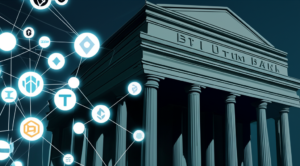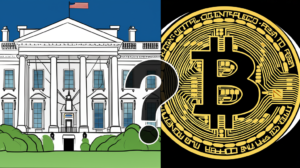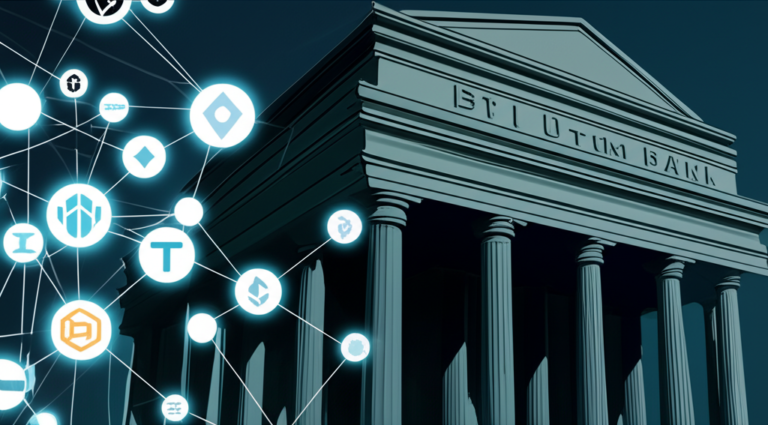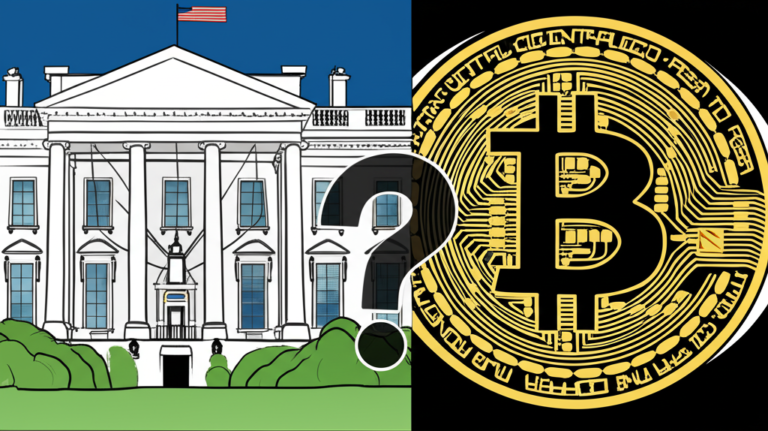El Salvador’s Bitcoin Gamble: A Failing Bet for the Average Citizen?
El Salvador’s controversial Bitcoin adoption, championed by President Nayib Bukele, is facing growing criticism. A recent report highlights that the country’s Bitcoin reserve, intended to benefit its citizens, has demonstrably failed to deliver on its promises. This raises serious questions about the long-term viability and social impact of the nation’s pioneering, yet arguably ill-conceived, experiment with Bitcoin as legal tender.
The IMF Agreement and the Diminishing Returns of Bitcoin
The International Monetary Fund (IMF) recently brokered a $1.3 billion loan agreement with El Salvador, contingent on reforms to the country’s financial system. Crucially, these reforms include changes to El Salvador’s Bitcoin laws, further limiting the accessibility and potential benefits of Bitcoin for the average citizen. The specific details of these changes remain somewhat opaque, but reports suggest restrictions on the government’s ability to use Bitcoin reserves for social programs or direct aid. This effectively renders the Bitcoin reserve largely inert in terms of improving the lives of ordinary Salvadorans.
Chivo Wallet Adoption and Usage Stats: A Troubling Picture
While the government initially touted the Chivo wallet, a digital platform for Bitcoin transactions, as a key tool for financial inclusion, adoption rates and usage have been significantly lower than expected. While precise figures are difficult to obtain independently, anecdotal evidence and various reports suggest a lack of widespread adoption among the population. This lack of adoption is attributable to various factors, including a lack of digital literacy, volatility concerns about Bitcoin’s price, and a lingering distrust of the government’s Bitcoin strategy. This suggests a failure to achieve the key objectives behind the initial investment.
The NGO Perspective: A Call for Accountability
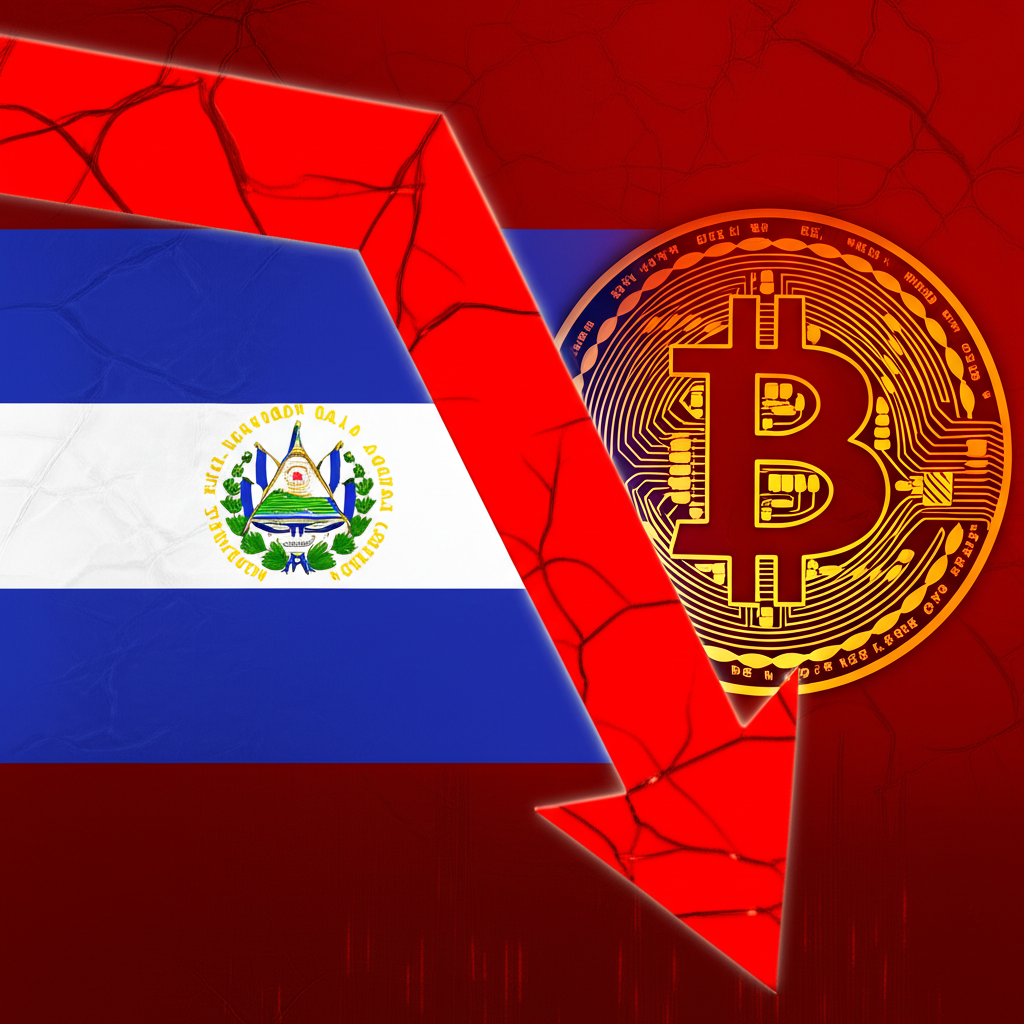
An unnamed NGO executive, quoted in the Cointelegraph article, directly criticizes the ineffectiveness of the Bitcoin reserve in improving the lives of ordinary Salvadorans. This highlights a growing concern among civil society organizations about the transparency and overall impact of the government’s Bitcoin policy. They contend that the initial promise of Bitcoin as a tool for financial empowerment has not materialized, leaving many citizens disenfranchised and underserved.
The Future of Bitcoin in El Salvador: Uncertain Prospects
The current situation casts a long shadow over the future of Bitcoin in El Salvador. The IMF agreement, while securing much-needed financial aid, has arguably dealt a significant blow to the government’s Bitcoin initiative. The lack of tangible benefits for the average citizen, coupled with the limited transparency surrounding the reserve’s management, raises serious questions about the sustainability and overall wisdom of the government’s strategy. Going forward, a critical evaluation of the program’s impact and a shift towards more inclusive and transparent financial policies are essential for El Salvador’s economic well-being.
Summary:
- El Salvador’s Bitcoin reserve has failed to significantly benefit the average citizen.
- Changes under the IMF agreement further restrict Bitcoin’s accessibility.
- Low Chivo wallet adoption rates indicate limited practical impact.
- NGOs criticize the lack of transparency and effectiveness of the Bitcoin policy.
- The long-term viability of El Salvador’s Bitcoin strategy remains highly questionable.


